In 2024, the field of Natural Language Processing (NLP) continues to grow rapidly in the field of AI. Driven by the expansion of Large Language Models (LLMs) and their application across various industries.
For anyone looking to deepen their understanding of LLMs, whether for academic, professional, or personal curiosity, there are some standout books that can guide you through the complexities of this field. The following books are, in my opinion, among the best resources for anyone looking to master NLP and LLMs.
What Are The Top LLMs (based on popularity)?
The top Large Language Models (LLMs) are (updated for 2025 sep):
- GPT-5 (OpenAI)
- Google Gemini 3
- Anthropic Claude 4.1
- Grok 4
- DeepSeek V3
- Qwen 3
- HuggingChat
- Mistral
- Llama 4 (open source)
- Gemma (Open Source Google LLM family)
- Microsoft Phi 4
Find the actual list in Lmarena
What Are The Top Books on Large Language Models (LLMs)?
LLMs in Enterprise, by Ahmed Menshawy (2025)
I read this as a practical field guide for shipping LLMs at work. It frames adoption around repeatable design patterns and moves cleanly from the basics to production reality: data strategy and training choices, fine-tuning with RAG, building contextual models, rigorous evaluation, deployment and accelerated inference, and the day-to-day of keeping systems stable. It also surfaces newer ideas like RAG 2.0 and connected LLMs, and closes with responsible-AI practices and a look at multimodality.
I liked it because it mirrors how real teams build. The patterns feel like things you can plug into roadmaps, not hype. The attention to evaluation, cost and latency, and governance hits the spots where projects usually wobble. It strikes a good balance for architects, PMs, and engineers alike—enough shared language to align a program, enough detail to help you actually ship.
Hands-On Large Language Models, by Jay Alammar (2024)
In this LLM book, readers will understand how advanced language AI reshapes tasks that involve copywriting, summarization, classification, and semantic search that goes beyond simple keyword matching.
The readers will explore the architecture of Transformer models and learn about training methods, fine-tuning, prompt engineering, and retrieval-based approaches. The goal is to provide a hands-on foundation for building specialized pipelines that keep pace with rapid changes in language AI.
Super Study Guide, by Afshine Amidi and Shervine Amidi (2024)
I think Super Study Guide is a fantastic resource for those who want a clear and concise introduction to the inner workings of large language models. The book is organized into five parts, starting with the foundations of neural networks and moving into more advanced topics like tokenization algorithms, transformers, and fine-tuning techniques.
The authors, Afshine Amidi and Shervine Amidi, are well-known for their educational resources, and they bring their expertise to this book in a way that is both accessible and informative. Each section is illustrated, which makes complex concepts easier to grasp. Whether you’re preparing for interviews, working on projects, or just curious about NLP, this book provides a thorough yet digestible overview that I found incredibly helpful.
Building LLMs for Production, by Louis-François Bouchard (2024)
In my opinion, Building LLMs for Production is one of the most comprehensive resources available for developers who want to take their AI skills to the next level. This book is an end-to-end guide that covers everything from the fundamentals of LLMs to advanced topics like prompt engineering and retrieval-augmented generation (RAG). What I really appreciate about this book is how it’s tailored for readers with an intermediate knowledge of Python, making it accessible yet challenging.
The book is filled with practical examples, including code projects and Colab notebooks that you can start using immediately. The author, Louis-François Bouchard, along with contributions from AI experts, does an excellent job of bridging theory with real-world applications. If you’re looking to build production-ready LLM applications, this book is a must-read.
AI and Machine Learning for Coders, by Laurence Moroney (2020)
AI and Machine Learning for Coders is an excellent starting point for programmers who want to transition into the AI field. Laurence Moroney, known for his successful AI courses, provides a hands-on, code-first approach that I found particularly engaging. The book covers essential topics like computer vision, NLP, and sequence modeling, all while keeping the focus on practical implementation rather than theoretical math.
What sets this book apart, in my view, is its focus on immediate application. The lessons are designed to build confidence as you learn, and Moroney’s approachable writing style makes even complex topics feel manageable. Whether you're working with TensorFlow or exploring new AI concepts, this book offers a strong foundation.
What Is ChatGPT Doing … and Why Does It Work?, by Stephen Wolfram (2023)
If you're looking for a beginner-friendly yet insightful exploration of how ChatGPT and similar models work, Stephen Wolfram's What Is ChatGPT Doing … and Why Does It Work? is a great choice. Wolfram is a pioneer in the field of computational science, and he brings decades of experience to this book, explaining the mechanics of ChatGPT in a way that is both readable and engaging.
I particularly appreciate how Wolfram connects the technology behind ChatGPT to broader questions about language and human thought, drawing on philosophical insights from thinkers like Aristotle.
This LLM book also encourages readers to reflect on the implications of AI on our understanding of language and cognition.
Natural Language Processing with Transformers, Revised Edition, by Lewis Tunstall (2022)
Natural Language Processing with Transformers is a must-read for anyone serious about NLP. This revised edition offers an in-depth look at how transformers, the dominant architecture in NLP since 2017, can be used to tackle a variety of tasks. I found the hands-on approach, particularly with the Hugging Face Transformers library, to be incredibly useful for practical learning.
The authors, Lewis Tunstall, Leandro von Werra, and Thomas Wolf, are among the creators of Hugging Face, and they bring their deep expertise to this guide. From text classification to named entity recognition and beyond, this book covers a wide range of NLP tasks, making it a valuable resource for both beginners and experienced practitioners.
AI Made Simple, by Rajeev Kapur (2024)
AI Made Simple is perfect for those who are new to AI and feeling overwhelmed by the fast pace of advancements. Rajeev Kapur has updated this second edition to address the latest developments in generative AI, offering a beginner-friendly overview of its applications and potential impact.
The book is filled with examples that demystify how AI can be used creatively, whether in writing, art, or music. What I like most about this book is its straightforward language and practical tips, making it accessible to anyone who wants to understand AI without getting bogged down in technical jargon.
Generative AI with LangChain, by Ben Auffarth (2023)
For developers interested in leveraging the LangChain framework to build cutting-edge AI applications, Generative AI with LangChain by Ben Auffarth is a comprehensive guide. The book explores the intricacies of LangChain, providing a thorough exploration from theory to deployment.
What I found particularly valuable is how the book addresses both the strengths and limitations of LLMs, guiding readers through best practices for prompt engineering, fine-tuning, and deploying models in production environments. Whether you're developing chatbots or sophisticated data analysis tools, this book will help you unlock the full potential of LLMs in your projects.
Final Thoughts on Natural Language Processing Books
In my view, 2024 is a pivotal year for anyone interested in Large Language Models. The books I’ve listed here provide a solid foundation, whether you’re just starting out or looking to deepen your expertise.
From practical guides to theoretical explorations, these resources will help you navigate the rapidly evolving landscape of LLMs, equipping you with the knowledge and skills to excel in this exciting field.
If you are interested in this field of AI books please also check our favorite generative AI and books about GANs.
My profession is online marketing and development (10+ years experience), check my latest mobile app called Upcoming or my Chrome extensions for ChatGPT. But my real passion is reading books both fiction and non-fiction. I have several favorite authors like James Redfield or Daniel Keyes. If I read a book I always want to find the best part of it, every book has its unique value.



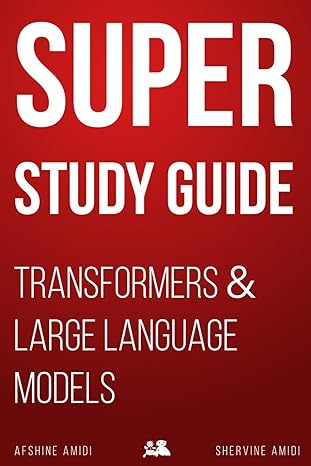
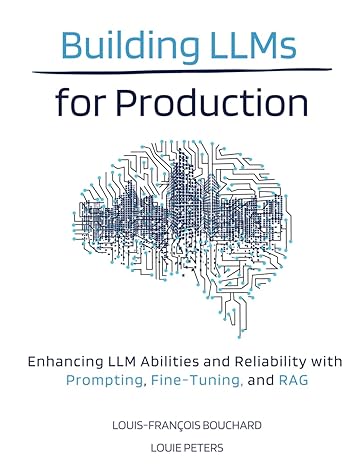
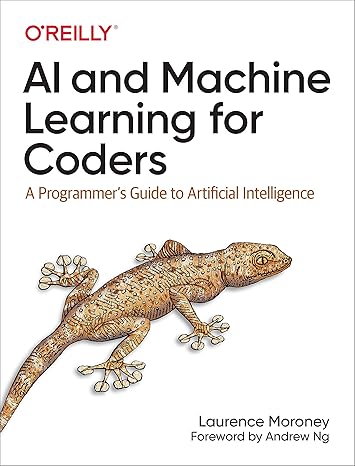

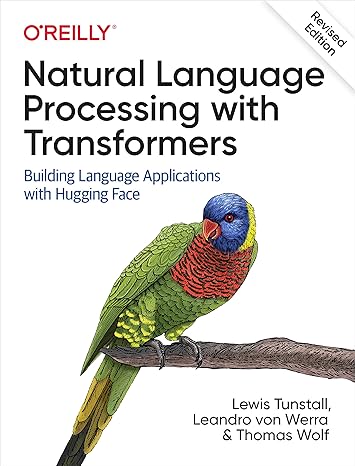

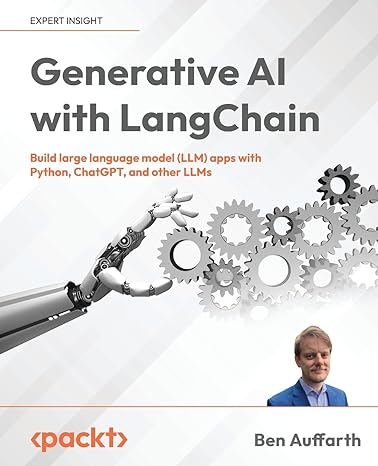



















 English (US) ·
English (US) ·